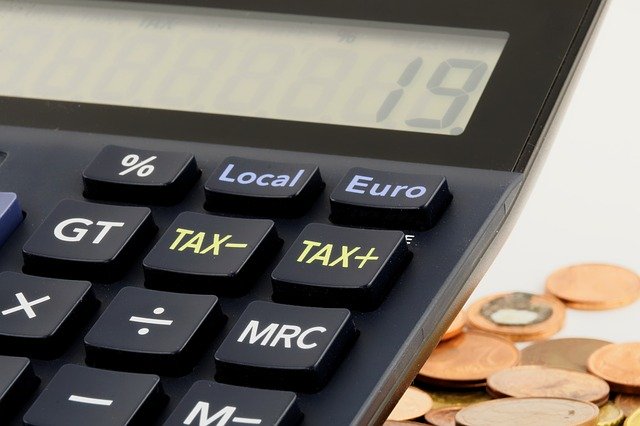Facts
Goods were detained and seized, and penalty order passed under Section 129(3) of the UPGST Act, 2017. This was made solely on the statement of the driver of the vehicle that he was transporting goods for the second time with the same documents.
Arguments
It was contended that the primary document, being Form GST MOV-01 wherein the driver's statement is recorded, was never provided to the petitioner.
In counter, the respondent has provided a sheet of paper that is supposedly the driver's statement. However, it is not accompanied by Form GST MOV-01. Therefore, such a document is of very little evidentiary value.
Order of the High Court of Allahabad
[dated May 13, 2024 from Writ Tax No. 574 of 2019 in K Y Tobacco Works Private Limited v. State of U.P.]
In M/s Anandeshwar Traders v. State of U.P. and Others reported in (2021 U.P.T.C. [Vol.107]-421), a coordinate Bench of this Court held that:
- Even if the dealer does not cancel the e-way bill within 24 hours of its generation, it would remain a matter of inquiry to determine on evidence whether an actual transaction had taken place or not.
- Since the petitioner-assessee had pleaded a negative fact, the initial onus was on the assessing authority to lead positive evidence to establish that the goods were transported on an earlier occasion.
- Neither any inquiry appears to have been made at that stage from the purchasing dealer or any toll plaza or other source, nor the petitioner was confronted with any adverse material as it may have shifted the onus on the assessee to establish non-transportation of goods on an earlier occasion.
- Presumption cannot be drawn merely on the basis of existence of e-way bills though evidence of actual transaction performed did not exist.
- Mere assertion made at the end of the seizure order that it was clearly established that the assessee had made double use of the e-way bills is merely a conclusion drawn bereft of material on record.
In view of the ratio laid down in the judgement supra, it is the duty of the authorities to ascertain whether double movement of goods had taken place. However, in the present case, such burden of proof has not been discharged by the respondents. Therefore, the latter has not been able to indicate or prove any mens rea for evasion of tax, consequent to which the impugned orders are quashed and set aside.


